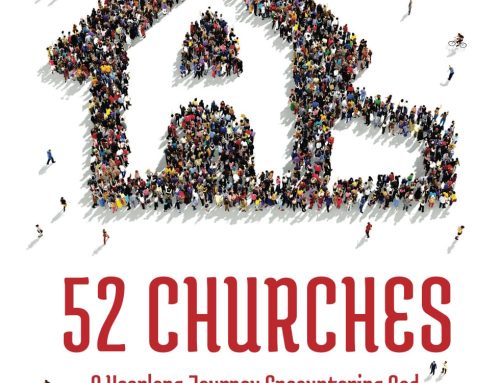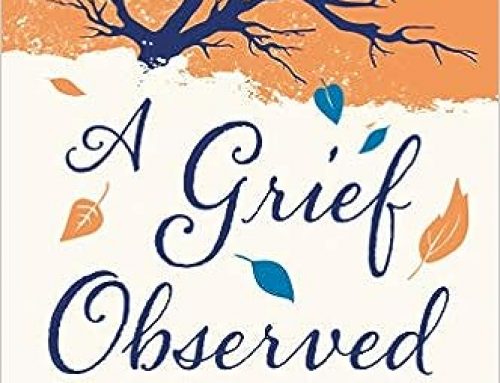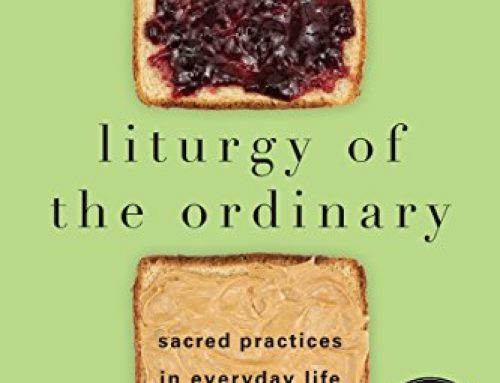 About
About
Country music singer-songwriter Granger Smith wrote Like a River to detail his journey after the tragic loss of River, his three-year-old son. River drowned in a matter of minutes when he found his way into the family pool.
After the loss, Granger continued to tour and work. However, this loss caused him to ask big questions about who God is and what God was doing in his life. As he and his wife healed, they made major changes to build a life fully dedicated to God.
Highlights
This was an engaging book from start to finish. In fact, I stayed up until six in the morning one night, listening to the book and sobbing. The following are three highlights from the book.
Cathartic Read During My Grief
I appreciated Granger’s candor in telling the story of his own grief. He didn’t shy away from sharing the lowest points in the process. His honesty about the ups and downs of grief really helped me as I read his words while grieving the sudden loss of my father.
He mentioned that he returned to work as a distraction, but that only temporarily put off the grief. If you’ve been following my site, you may have noticed that there were about two weeks when I posted nothing at the end of September. To be candid, I was struggling through a lot of my grief. While writing has helped me process things and keep my mind occupied, grief has a way of coming back around.
Theological Differences
While I thoroughly enjoyed his book, Granger and I have very different views on God’s role in pain. He believes that every bad thing that happens, like the loss of his son, is directly caused by God. In his opinion, it’s necessary to believe that God planned it in order to trust that God will use it.
That belief is extremely different than my own. While some bad things may be caused by God, free will causes many of the bad things that happen. I remember listening to the radio after my miscarriage and hearing a preacher say, “No pain touches your life that has not first touched the hand of God.”
Although some people might find this comforting, I do not. I find it extremely difficult to believe in a God who plans the suffering and death of God’s people (especially children). While belief in free will doesn’t perfectly explain all the questions related to grief, I find it a lot easier to stomach than a rigid belief that God controls and causes everything.
Comparing Grief
The best part of the book came near the end. Granger was writing about how friends started coming to him to talk through their own grief, often prefacing it by saying, “Well, my situation isn’t as bad as yours, but…”
He writes that he rejects the idea that the loss of a loved one (like a grandparent) is “less than” the loss of his son. While any parent would agree that the loss of a child is a pain like no other, the losses other people experience can still cause them a world of pain. We do well to avoid the trap of comparing our pain to others when we’re all just sojourners navigating grief together.
Review
Overview: This was an excellent book. It was engaging from start to finish. Since it was largely chronological, it was easy to follow the story (although the content of the book was far from “easy”).
Writing Style: Granger Smith uses a very conversational writing style, which is common for memoirs. He did a great job of telling the story in a way that gave you a sense of who he is and how he talks in his day-to-day life.
Intended Audience: Grieving people, Christians
Theological Tradition: Southern Baptist
Mature Content: He writes about fertility treatments, not shying away from some of the technical aspects of those. While I don’t typically consider these to be “mature content,” there are some younger readers who may not be ready to learn about this. Most significantly, he writes in great detail about a night he almost committed suicide. Because of that, I’d recommend this book to older teens and adults only.
Audiobook Review: This might be the best audiobook I’ve listened to. While most audiobooks read by the author are great, this was exceptional. Before some of the chapters, he paused and just talked to the listener outside of what was in the book itself. At the end, he and his wife did a one-hour question and answer session to be included with the book.
Other Books by Author: None
Recommend? I do not recommend this as a theological framework to be adopted, but I do recommend it as a powerful read for anyone struggling through grief. It helped me as I grieve my father, and I can see how it could help others in their grief.




Leave A Comment